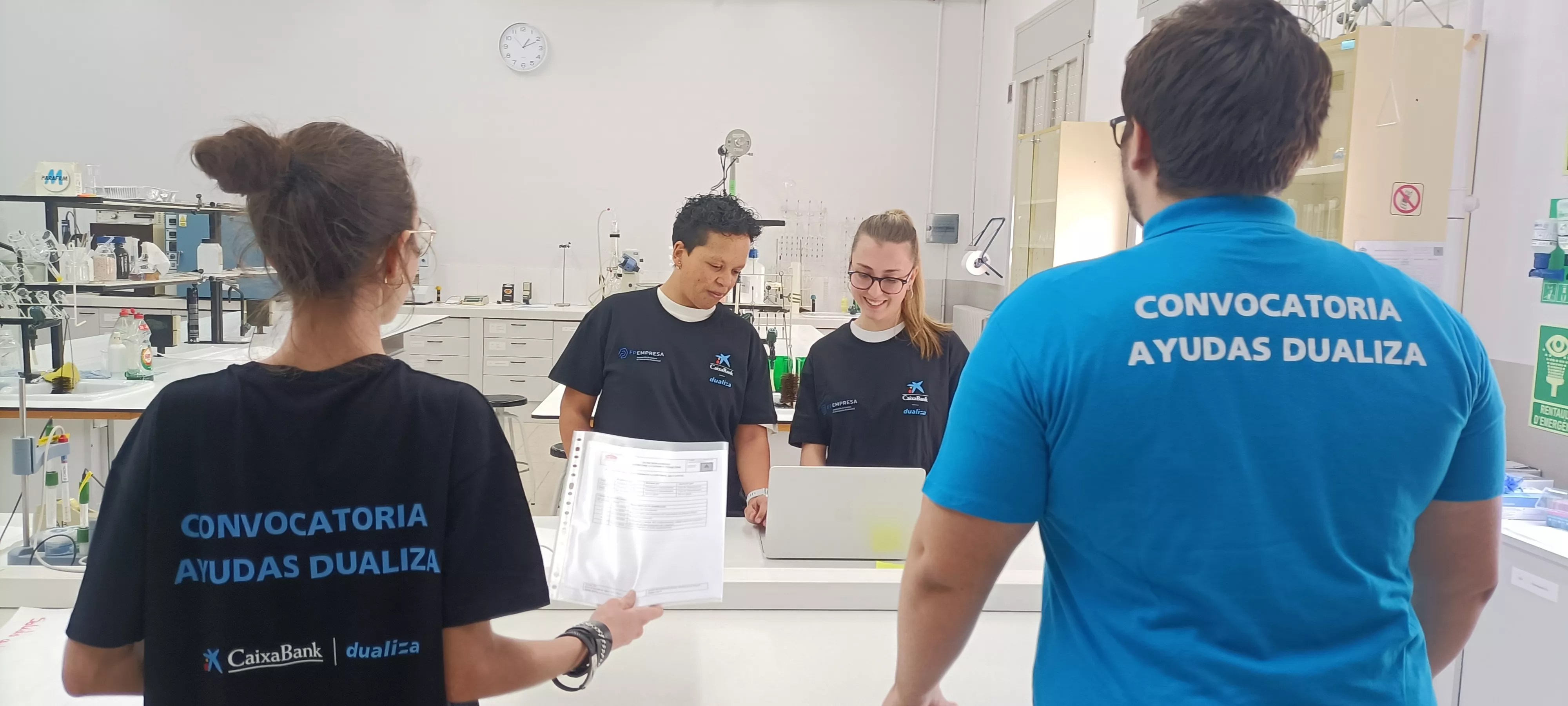Management of tourism and the forthcoming visitor hub at the La Orotava Acclimatization Garden, also known as the Puerto de la Cruz Botanical Garden, will be outsourced to an external company once construction on the Visitor Center is finalized. This project, initiated 17 years ago, aims to transform the location into a key tourist and scientific hub.
This announcement was made by Janira Gutiérrez, director of the Canarian Institute of Agricultural Research (ICIA), an independent body under the Department of Agriculture, Livestock, Fisheries and Food Sovereignty of the Government of the Canary Islands, responsible for the site. This follows the approval of a Proposal No of Law (PNL) in the Canary Islands Parliament, requesting the regional Government to conduct an economic and legal feasibility study to determine the best management approach for the garden.
The PNL, put forward by the Socialist group, received unanimous approval. It calls for an assessment to kickstart administrative procedures for managing the tourism resources available. It also seeks to finalise the project for expanding the facilities, which was initiated three decades ago.
Gutiérrez highlighted that there had been uncertainties since last year regarding the management of the building. In response, the ICIA engaged in discussions with industry companies to gauge their interest in overseeing a museum-based structure. “Several companies have expressed interest and are keen to adapt to the specifications in preparation for a possible tender,” she shared.
Exploration
However, scientific research activities will remain under the direct purview of ICIA, which houses laboratories and researchers on-site. “We are primarily a research establishment, and managing visitor interactions can sometimes pose more challenges than benefits to our core research activities. Our focus is on investigating whether plants introduced from foreign lands have acclimatized in the Canary Islands and whether they can be cultivated or propagated on the islands,” she explained.
Gutiérrez noted that ongoing projects include genetic validation work on cocoa and coffee, as well as studies related to the flora of the Teide National Park, all of which will continue to be conducted by ICIA. “The outsourcing will pertain solely to tourism management and visits,” she emphasised.
Socialist group representative Tamara Raya, advocating for the PNL, highlighted the understaffing at the Garden. She pointed out that the gardener is currently responsible for collecting entry fees from the thousands of visitors accessing the facilities annually.
In parallel, a knowledge-sharing and dissemination effort within the garden has commenced. A study has been commissioned to explore various management models, aiming to identify the most suitable options for the site amidst a plethora of available models.
In terms of the Visitor Center’s opening, the ICIA president refrained from providing specific deadlines due to prior unmet timelines. She expressed hope that the artistic infrastructure will soon be in place. Following this, administrative procedures for the handover of the project will need attention, potentially leading to unforeseen challenges. The Visitor Center was initially scheduled to open last year.
Notably, the Visitor Center’s innovative approach focuses on visually striking sculptures that convey educational messages emphasising that plants and trees are living organisms. This will create a multidisciplinary space where artistic displays encourage visitor interaction, enabling the public to contemplate and reflect upon them through visual elements.
















